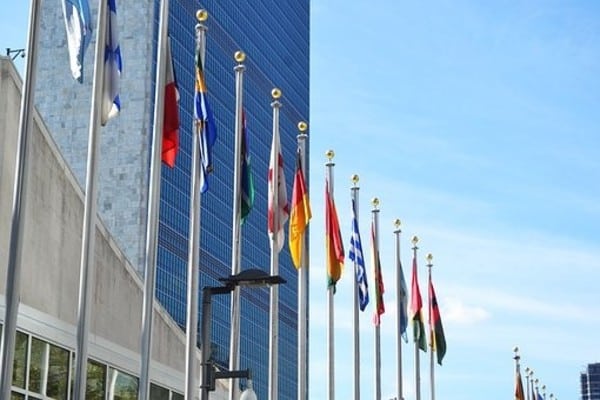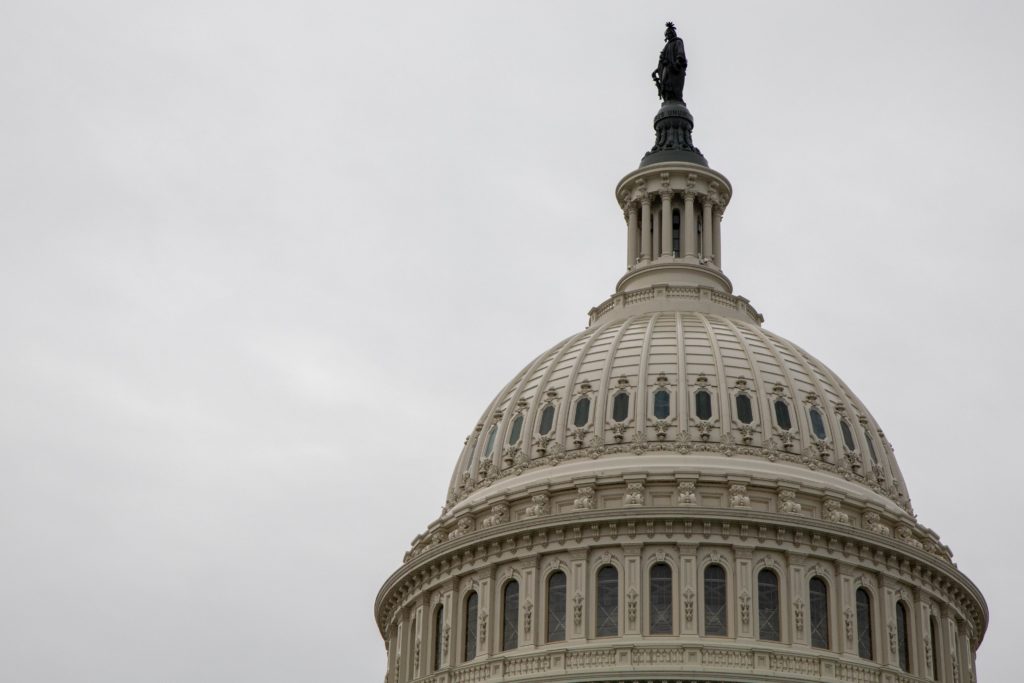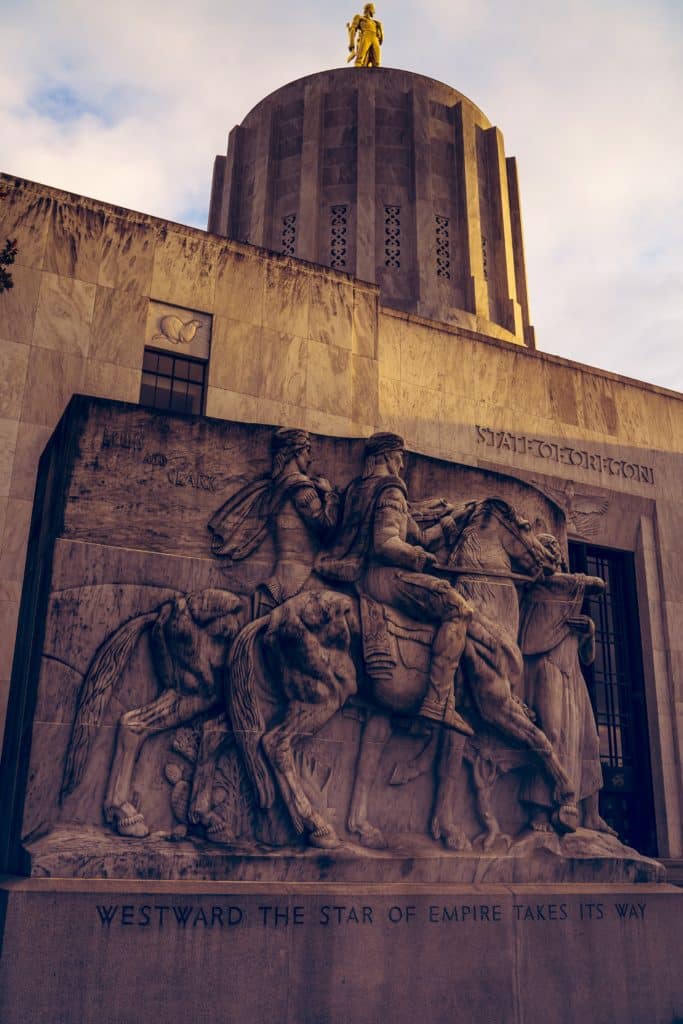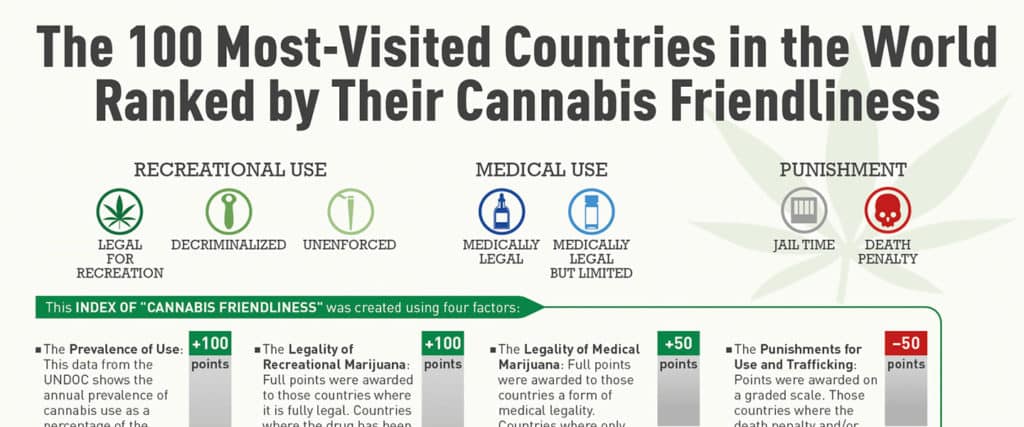
The United Nations’ (UN) review will include analyses of the chemistry, pharmacology, toxicology, epidemiology and therapeutic use of substances found in cannabis.
In doing so, if the UN decides to change the status of marijuana under international law, it could compel the U.S. to review its classification of cannabis as a Schedule I drug under the Controlled Substances Act.
“Thankfully the World Health Organization has accepted the challenge of evaluating the placement of cannabis in the 1962 Single Convention treaty,” Michael Krawitz of Veterans for Medical Cannabis Access told Marijuana Moment.
“Cannabis placement in the treaty was done in the absence of scientific evaluation and has provided the basis for a moral campaign against drugs by the USA for many decades,” said Krawitz.
The review follows the results of an initial pre-reviewconducted by WHO’s Expert Committee on Drug Dependence (ECDD) in June, 2018.
The UN’s World Health Organization (WHO) has also announced that cannabidiol (CBD) does not warrant being controlled under the global agreements.
“The Committee recommended that preparations considered to be pure CBD should not be scheduled within the International Drug Control Conventions,” said WHO Director-General Tedros Adhanom Ghebreyesus. “The Committee concluded that there is sufficient evidence to proceed to a Critical Review” of marijuana, hashish, cannabis extracts and THC.
“There are no case reports of abuse or dependence relating to the use of pure CBD. No public health problems have been associated with CBD use,” an annex attached to Ghebreyesus’s letter reads, noting that research has shown it to be effective in treating epilepsy. “CBD has been found to be generally well tolerated with a good safety profile.”
Ghebreyesus’s letter is addressed to UN Secretary-General Antonio Guterres, who will be the ultimate recipient of WHO’s recommendations on cannabis and related extracts and compounds following the review, set for November.




